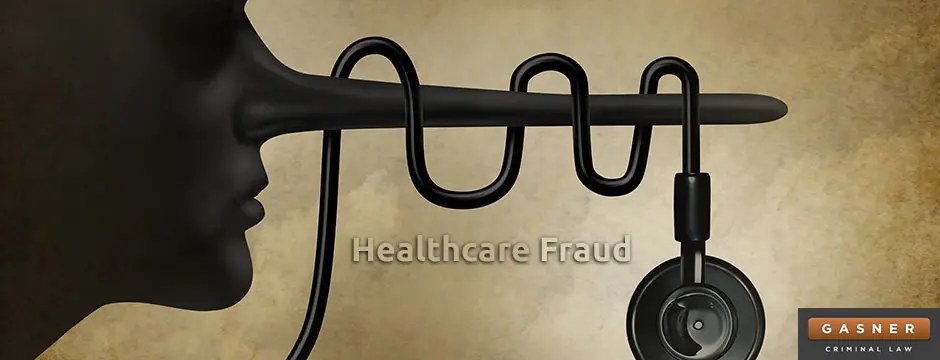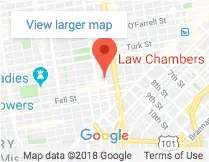Health Care Fraud Lawyer
While healthcare fraud is often thought of as a crime committed by patients, it could also be committed by doctors and other staff at a medical facility. It occurs when someone submits fraudulent claims to insurance companies or governmental agencies, such as Medicaid. In California, Penal Code 550a PC covers healthcare fraud.
If a person knowingly makes false or fraudulent claims for payment of a healthcare benefit, or if they cause someone to make a fraudulent claim, they are violating the law. The same is true if someone submits a claim for a benefit that was not for the claimant or was not used by them, or if they present multiple claims for the same benefit with the intent to defraud.
Under this statute, someone would be accused of fraud if they intend to deceive someone to lose money, services, goods, or anything else of value.
Common Types of Healthcare Fraud
Many types of healthcare fraud exist. Below are some examples of the most common ways fraud occurs in healthcare.
If a doctor submits a claim for a service, equipment, or procedure that was not provided to the patient, they are committing fraud. They are receiving money from the insurance company for something never provided to the patient. They could also be charged with fraud if they submit false claims for health benefits, such as performing a service the patient didn’t need and then charging the insurance company.
In some cases, a doctor might up-code, which means billing insurance companies for a more expensive service or procedure than the one they performed on the patient. If a doctor or medical staff doesn’t charge patients for certain services when they pay out of pocket, but they do charge the patients for those services when paying with insurance, it is also considered fraud.
Some other types of healthcare fraud involve submitting multiple claims for the same medical service, submitting undercharges and not overcharges, or preparing documents to help support fraudulent claims.
Penalties for Fraud
In California, a person may be charged with a misdemeanor or a felony, depending on the value of the fraudulent claim. The offense is a misdemeanor in cases where the claim is worth $950 or less. If found guilty of a misdemeanor, you could face up to six months in jail and a fine of up to $1,000.
Suppose the claim is greater than $950. In that case, it is considered to be a wobbler, meaning the prosecutor could charge you with either a misdemeanor or a felony. Those charged with a felony face up to five years in jail and up to $50,000 or double the amount of fraud, whichever is higher.
Those violating federal healthcare fraud could face up to 10 years in jail and hefty fines. In cases where the fraud causes serious bodily harm to a person, the prison sentence could be as high as 20 years. A doctor who performs unnecessary procedures that hurt the patient could face fines and 20 years in prison, depending on the fraud's extent.
Are There Defenses for Healthcare Fraud?
Defenses for healthcare fraud are possible, and one of the most commonly used by defense attorneys is lack of knowledge. People are guilty of fraud if they acted knowingly, so a defense attorney could use this as a starting point if they were naive about their acts.
Additionally, if they did not intend to defraud, it could be a defense even if they understood it might be fraud in a different context. They may have committed the fraud accidentally. The prosecutor would have to prove that the defendant did so with intent.
Contact a Qualified Healthcare Fraud Attorney
The penalties can be harsh, so if you have been accused of healthcare fraud, you don't want to take those charges lightly. You need to get in touch with an attorney who has experience in this field and who can help you with your case. The sooner you contact a lawyer, the better you will feel about your case. Call 415-782-6000 today to talk with the experts at Gasner Law. We can start building a solid defense to help you with your case.



